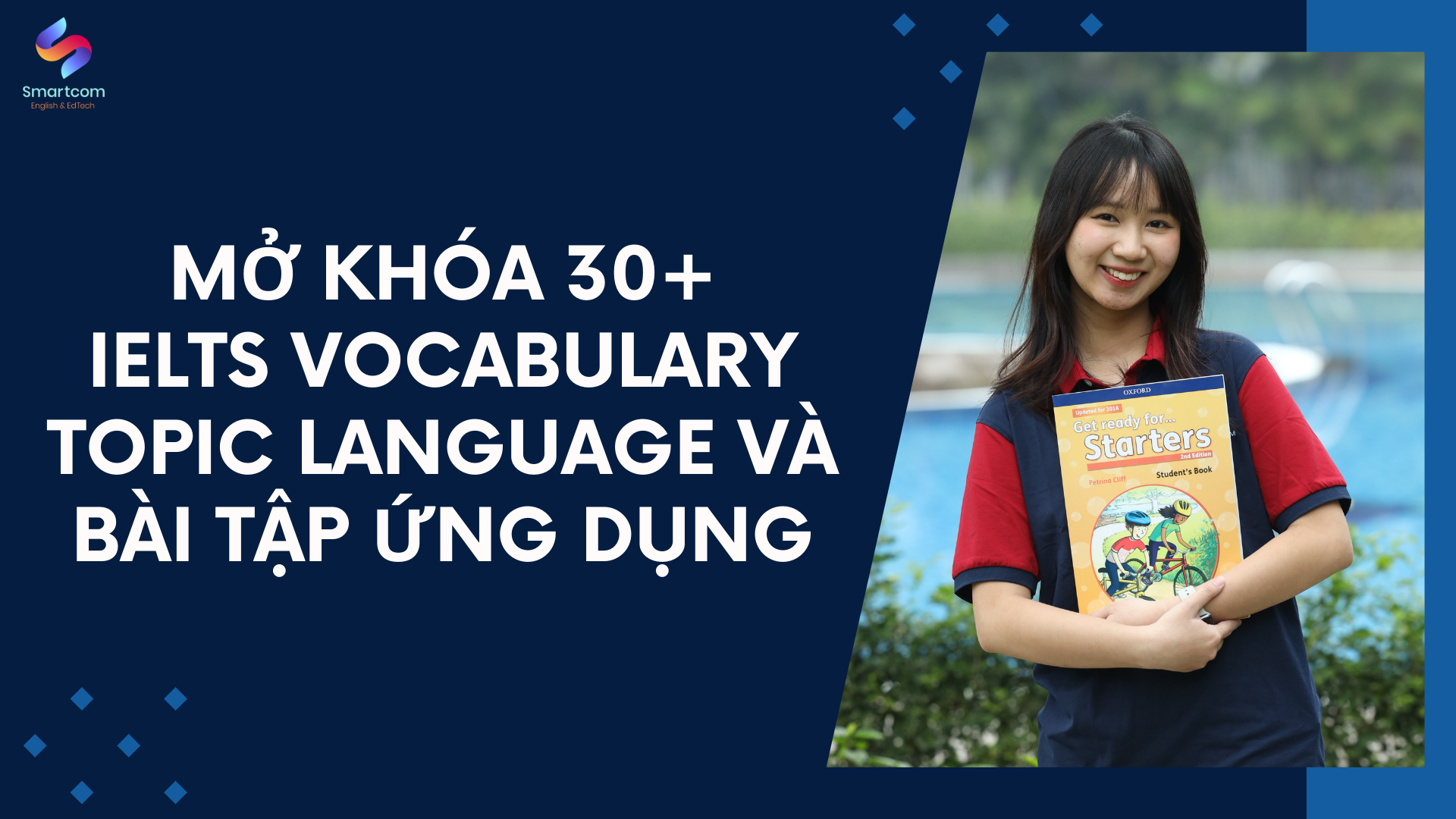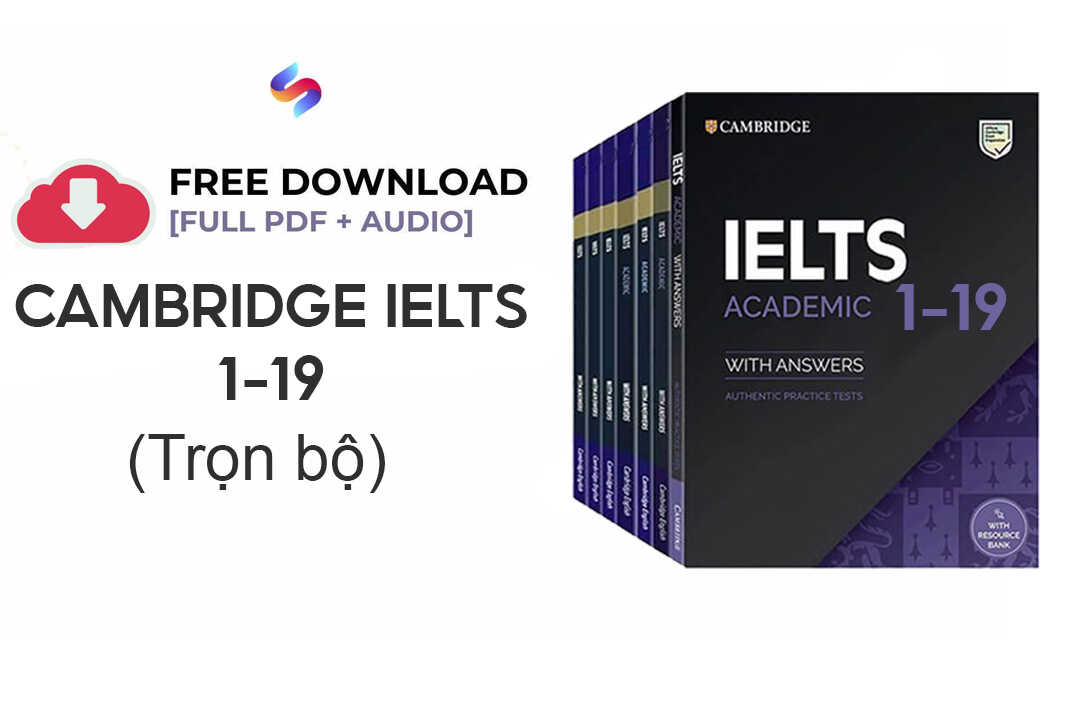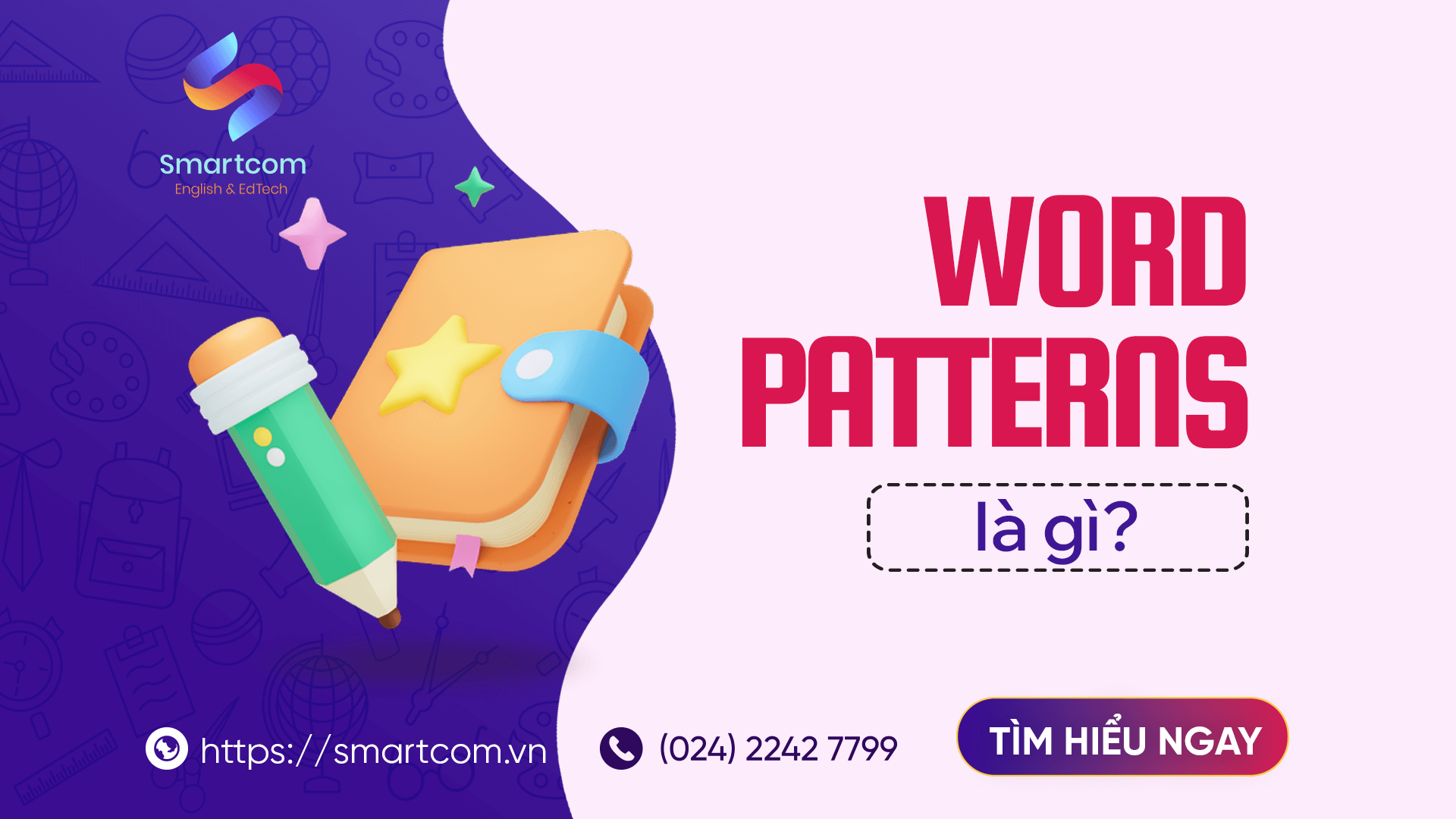Đội ngũ chuyên gia tại Smartcom English là tập hợp những chuyên gia đầu ngành trong lĩnh vực IELTS nói riêng và tiếng Anh nói chung. Với phương pháp giảng dạy sáng tạo, kết hợp với công nghệ AI, chúng tôi mang đến những trải nghiệm học tập độc đáo và hiệu quả. Mục tiêu lớn nhất của Smartcom Team là xây dựng một thế hệ trẻ tự tin, làm chủ ngôn ngữ và sẵn sàng vươn ra thế giới.
Language (Ngôn ngữ) là một chủ đề rộng, chính vì vậy từ vựng cho chủ đề này cũng đa dạng và có độ khó cao hơn. Thí sinh hãy cùng Smartcom English bước vào hành trình chinh phục IELTS Vocabulary topic Language thông qua bài viết này nhé.

Tầm quan trọng của từ vựng trong IELTS
Trong kỳ thi IELTS, việc sở hữu một kho từ vựng phong phú đóng vai trò quan trọng không chỉ trong phần thi kỹ năng Reading mà còn trong các kỹ năng khác như Listening, Speaking và Writing. Việc am hiểu từ vựng phản ánh khả năng của thí sinh trong sử dụng từ ngữ đa dạng và chính xác để diễn đạt ý kiến của mình.
- Trong phần thi kỹ năng Listening: việc hiểu và nhận diện từ vựng trong các đoạn hội thoại hoặc bài nói giúp thí sinh nắm bắt được ý chính và thông điệp được truyền đạt.
- Trong phần thi kỹ năng Reading: từ vựng đóng vai trò quan trọng trong việc hiểu và giải quyết các bài đọc bằng cách giúp thí sinh nhận biết ý chính, ý phụ và phân tích thông tin một cách chính xác.
- Trong phần thi kỹ năng Writing: việc sử dụng từ vựng phù hợp và chính xác không chỉ giúp thí sinh trình bày ý tưởng một cách rõ ràng mà còn thể hiện được khả năng nắm vững kiến thức về chủ đề đã được đề cập.
- Trong phần thi Speaking: việc sử dụng từ vựng đa dạng và linh hoạt không chỉ làm tăng sự thú vị và sức hấp dẫn của bài nói hay bài viết mà còn cho thấy khả năng sáng tạo và linh hoạt trong sử dụng ngôn ngữ của thí sinh.
Nhìn chung, việc xây dựng và phát triển vốn từ vựng là một phần không thể thiếu trong quá trình luyện thi IELTS và bài viết này sẽ giúp thí sinh bổ sung kho kiến thức từ vựng thuộc chủ đề Language.

Các danh mục cho IELTS Vocabulary topic Language
Danh từ cho IELTS Vocabulary topic Language
- Vocabulary /vəˈkæb.jə.lər.i/: Từ vựng
- Dialogue /ˈdaɪ.ə.lɒɡ/: Cuộc đối thoại
- Dialect /ˈdaɪ.ə.lekt/: Tiếng địa phương
- Fluency /ˈfluː.ən.si/: Sự lưu loát
- Proficiency /prəˈfɪʃ.ən.si/: Sự thành thạo
- Linguistics /lɪŋˈɡwɪs.tɪks/: Ngôn ngữ học
- Syntax /ˈsɪn.tæks/: Cú pháp học
- Morphology /mɔːˈfɒl.ə.dʒi/: Hình thái học
- Phonetics /fəˈnet.ɪks/: Ngữ âm học
- Phonology /fəˈnɒl.ə.dʒi/: Âm vị học
- Lexicology /ˌlek.sɪˈkɒl.ə.dʒi/: Từ vựng học
- Pragmatics /præɡˈmæt.ɪks/: Ngữ dụng học
- Semantics /sɪˈmæn.tɪks/: Ngữ nghĩa học
- Rhetoric /ˈret.ər.ɪk/: Tu từ học
- Sociolinguistics /ˌsəʊ.si.əʊ.lɪŋˈɡwɪs.tɪks/: Ngôn ngữ học xã hội
- Morpheme /ˈmɔː.fiːm/: Hình vị
- Polysemy /pəˈlɪs.ɪ.mi/: Từ đa nghĩa
- Idiom /ˈɪd.i.əm/: Thành ngữ
- Collocation /ˌkɒl.əˈkeɪ.ʃən/: Sự kết hợp từ

Động từ cho IELTS Vocabulary topic Language
- Express /ɪkˈspres/: Biểu đạt
- Converse /kənˈvɜːs/: Trò chuyện
- Comprehend /ˌkɒm.prɪˈhend/: Hiểu
- Construct /kənˈstrʌkt/: Xây dựng
- Analyze /ˈæn.əl.aɪz/: Phân tích
- Interpret /ɪnˈtɜː.prɪt/: Diễn giải
- Conjugate /ˈkɒn.dʒə.ɡeɪt/: Chia động từ
- Debate /dɪˈbeɪt/: Tranh luận
- Collaborate /kəˈlæb.ə.reɪt/: Hợp tác

Tính từ cho IELTS Vocabulary topic Language
- Fluent /ˈfluː.ənt/: Lưu loát
- Proficient /prəˈfɪʃ.ənt/: Thành thạo
- Coherent /kəʊˈhɪə.rənt/: Mạch lạc
- Articulate /ɑːˈtɪk.jə.lət/: Trôi chảy
- Eloquent /ˈel.ə.kwənt/: Hùng biện
- Effective /ɪˈfek.tɪv/: Hiệu quả
- Communicative /kəˈmjuː.nɪ.kə.tɪv/: Giao tiếp

Bài tập ứng dụng IELTS Vocabulary topic Language
Ứng dụng trong IELTS Speaking
Question 1: What do you think are the benefits of studying linguistics? How can understanding linguistics help someone become proficient in a language?
Sample Answer:
Studying linguistics offers numerous benefits, including gaining insights into the structure and evolution of languages. Understanding linguistics can greatly contribute to proficiency in a language by providing knowledge of syntax, morphology, and phonetics. For instance, learning about syntax helps learners construct grammatically correct sentences, while knowledge of phonetics aids in accurate pronunciation. Overall, linguistics equips individuals with the tools to comprehend and utilize languages effectively.
Question 2: How do dialects influence communication within a language community? Can you provide examples of how dialects differ in vocabulary and pronunciation?
Sample Answer:
Dialects significantly impact communication within language communities by reflecting regional variations in vocabulary, pronunciation, and grammar. For instance, in English, the pronunciation of certain words may vary between British and American dialects. Additionally, dialects often include unique vocabulary terms specific to particular regions. Understanding dialects enhances communication by enabling individuals to adapt their language usage to accommodate diverse linguistic backgrounds, fostering effective dialogue and collaboration within communities.

Ứng dụng trong IELTS Writing
Question: Discuss the role of pragmatics in intercultural communication. How does understanding pragmatics contribute to effective communication between individuals from different linguistic backgrounds?
Sample Answer:
Pragmatics, a crucial aspect of linguistics, plays a vital role in facilitating effective communication across diverse cultural and linguistic contexts. Understanding pragmatics involves grasping the social and cultural conventions that govern language use, including politeness strategies and conversational implicature. By comprehending these pragmatic aspects, individuals can navigate intercultural interactions with sensitivity and clarity.
One key aspect of pragmatics is understanding the nuanced meanings conveyed through conversational implicature. For example, in certain cultures, indirect communication is valued, where speakers may convey their intentions implicitly rather than explicitly. Thus, recognizing these implicit cues is essential for interpreting messages accurately and avoiding misunderstandings.
Furthermore, pragmatics encompasses the use of politeness strategies, such as the use of honorifics and deferential language, which vary significantly across cultures. For instance, in some cultures, addressing someone with formal titles is considered respectful, while in others, it may be perceived as overly formal or distant. Therefore, awareness of these cultural norms enables individuals to navigate social interactions appropriately.
In conclusion, an understanding of pragmatics is indispensable for effective communication in multicultural settings. By recognizing and respecting cultural norms governing language use, individuals can navigate intercultural interactions successfully, fostering mutual understanding and cooperation.

Mong rằng thông tin từ bài viết trên đã cung cấp cho bạn một tư liệu hữu ích về IELTS Vocabulary topic Language. Để tiếp cận thêm bài viết bổ ích cho quá trình ôn luyện IELTS, hãy truy cập và theo dõi các bài đăng trên website của Smartcom English: smartcom.vn/blog
Thông tin liên hệ
Smartcom English
Trụ sở chính: Smartcom English – Tầng 4 nhà 29T2, đường Hoàng Đạo Thúy, khu đô thị Trung Hòa Nhân Chính, quận Cầu Giấy, Hà Nội.
Website: https://smartcom.vn
Điện thoại: (+84) 024.22427799
Zalo: 0865835099
Email: mail@smartcom.vn
Facebook: https://facebook.com/smartcom.vn
Youtube: https://youtube.com/c/smartcomvn
Kết nối với mình qua
Bài viết khác



![[PDF + Audio] Tải Sách IELTS Cambridge 19 (Kèm đáp án)](https://smartcom.vn/blog/wp-content/uploads/2024/06/ielts-cambridge-19_optimized.png)


![[PDF + Audio] Tải Sách IELTS Cambridge 17 (Kèm đáp án)](https://smartcom.vn/blog/wp-content/uploads/2024/07/sach-ielts-cambridge-17_optimized.jpg)

![[PDF + Audio] Tải Sách IELTS Cambridge 15 (Kèm đáp án)](https://smartcom.vn/blog/wp-content/uploads/2024/07/ielts-cambridge-15_optimized.jpg)








